Choosing the Right Dentist for Dental Implants

Understanding Dental Implants
Dental implants have become a popular choice for individuals looking to replace missing teeth. This section provides insights into the benefits and types of dental implants.

Benefits of Dental Implants
Dental implants offer several advantages that make them an appealing option for tooth replacement. Here are some key benefits:
BenefitDescriptionNatural AppearanceMimics the look and function of natural teeth.Stability and ComfortSecurely fixed, reducing discomfort and worry.Preserves JawbonePrevents bone loss and maintains facial structure.Long-Term ValueProvides durable and lasting tooth replacement.
Types of Dental Implants
Dental implants come in various forms to accommodate different needs and scenarios. Here are common types:
Implant TypeDescriptionEndostealPlaced into the jawbone for stability.SubperiostealUnder the gum but above the jawbone.ZygomaticAnchored in the cheekbone for cases of significant loss.Mini ImplantsSmaller implants to stabilize dentures.
Understanding the benefits and types of dental implants aids individuals in making informed decisions when choosing the right dentist for dental implants.
Dental Implant Procedures
Dental implant procedures vary based on the needs of the patient. Three common methods include full mouth rehabilitation, immediate load implants, and the All-on-4® technique. Each option offers distinct benefits and should be considered carefully when choosing the right dentist for dental implants.
Full Mouth Rehabilitation
Full mouth rehabilitation involves a comprehensive approach to restoring multiple teeth across the upper and lower jaws. This procedure is designed for patients who may require extensive dental work, including implants to replace lost or failing teeth. Dental implants can play a vital role in these rehabilitation plans, providing a stable and long-lasting solution. This method not only improves functionality but also enhances the overall appearance of the smile (Ponte Vedra Family Dentistry).
AspectDetailsPurposeReplace multiple failing teethTreatment TypeComprehensive dental restorationBenefitsImproved function and aesthetics
Immediate Load Implants
Immediate load implants, often referred to as same-day implants or Teeth in a Day®, allow for the placement of temporary teeth during the same visit as the implant surgery. This option is ideal for individuals with sufficient bone quality to support the implants. This efficiency minimizes the wait time for patients, providing immediate satisfaction while awaiting the final restoration.
AspectDetailsPurposeQuick restoration of missing teethTreatment TypeSame-day implant placementBenefitsInstant temporary teeth availability
All-on-4® Technique
The All-on-4® technique is a specialized approach that places four dental implants strategically in the available bone to support an entire arch of replacement teeth. This method often eliminates the need for bone grafting, simplifying the process. Similar to immediate load implants, a temporary set of teeth can be placed on the same day, with permanent replacements inserted after approximately six months.
AspectDetailsPurposeFull arch restoration with fewer implantsTreatment TypeMinimally invasive implant placementBenefitsReduced need for additional procedures
Understanding these procedures can help patients make informed decisions regarding their dental health. It is important to consult with a qualified provider when considering implants for a comprehensive treatment plan. Those interested in affordability might explore options like how to find an affordable dentist without insurance or facilities that offer payment plans, such as those found in the dentists near me offering payment plans? link.
Choosing the Right Dentist
Selecting the right dentist for dental implants is crucial for ensuring quality care and successful outcomes. Understanding provider qualifications and the importance of consultation and evaluation helps in making an informed choice.
Provider Qualifications
When considering dental implants, various dental professionals can be involved in the process, including general dentists, cosmetic dentists, periodontists, and oral surgeons. Each type of provider has specific expertise related to dental implant surgery. For example, if a general dentist lacks experience with implant procedures, a periodontist, who specializes in treating gums and jawbone health, might be a better fit.
Oral and maxillofacial surgeons are highly recommended for implant placement due to their extensive surgical training, which includes a minimum of four years of hospital-based residency (Capital Center for Oral and Maxillofacial Surgery). When assessing a provider's qualifications, consider the following criteria:
QualificationDescriptionType of DentistGeneral dentist, cosmetic dentist, periodontist, or oral surgeon.Surgical ExperienceConsider the number of implant placements performed annually.Continuing EducationOngoing training in the latest dental implant techniques and technologies.
Consultation and Evaluation
The first step in the process is scheduling a consultation. This meeting allows individuals to ask questions about the procedure, the dentist's experience, and what to expect. It’s also a time to assess personal comfort levels. Factors such as the provider's knowledge, experience, and communication style can significantly influence the decision-making process.
During the consultation, a thorough evaluation of the individual's oral health will be performed. This may include imaging and assessments of gum health, bone density, and overall oral conditions. A comprehensive evaluation helps establish whether the individual is a good candidate for implants and what specific approach would be best suited to their unique dental needs.
By understanding provider qualifications and the significance of consultation and evaluation, one can feel empowered in the journey of choosing the right dentist for dental implants. Factors like comfort level and the dentist's expertise will aid in selecting the best professional for this important dental procedure.
For more information on topics like how to choose a cosmetic dentist near me? or to explore other dental services, individuals can consider additional resources.
Considerations for Dental Implants
Before proceeding with dental implants, several important factors must be considered to determine eligibility and ensure successful outcomes. These factors include health considerations, eligibility criteria, and the impact of medications.
Health Factors
Gum and jawbone health are crucial in determining suitability for dental implants. The success of implants relies on osseointegration with the jawbone, meaning the implant must fuse with a healthy jaw structure. Patients with periodontal disease may face challenges due to degradation of gum tissue, potentially leading to implant failure.
Some of the key health factors to consider include:
Health FactorConsiderationGum HealthMust be free from periodontal diseaseJawbone DensitySufficient bone mass is required for osseointegrationSystemic ConditionsDiabetes, osteoporosis, and other diseases may affect healingLifestyle HabitsTobacco and alcohol use can impede recovery
Eligibility for Implants
Eligibility for dental implants is generally determined by several criteria. While patients under 18 are typically discouraged from receiving implants due to potential jaw growth changes, there is no upper age limit. As long as the jaw is healthy, adults of any age can be considered for permanent tooth restoration (Davis & Beyer Dental Health).
Factors that influence eligibility include:
Age GroupEligibilityUnder 18Generally discouraged due to jaw growthAdultsCan qualify regardless of age, depending on health conditions
Impact of Medications
Understanding current medications is vital to reducing risks related to dental implant surgery. Patients should disclose all medications to their dentist, particularly those that may interfere with anesthesia or healing. Certain pain relievers, such as NSAIDs, should be avoided prior to the procedure (Davis & Beyer Dental Health).
Medications that may affect eligibility include:
Medication TypePotential ImpactNSAIDsAvoid prior to surgeryBlood ThinnersCan increase bleeding riskOsteoporosis MedicationsMay affect bone healing
Additional risk factors include tobacco and alcohol use, systemic diseases like diabetes, and psychological conditions that may impact postoperative care (Davis & Beyer Dental Health). Prospective patients can seek guidance to address any concerns regarding their eligibility.
For more information on how to find a suitable provider, visit our section on choosing the right dentist for dental implants.
Ensuring Successful Implant Surgery
Successful dental implant surgery hinges on both the techniques employed during the procedure and the care taken in the postoperative phase. Understanding these elements can greatly enhance the outcome for the patient.
Surgical Techniques
Various surgical techniques are employed to ensure that dental implants are effectively placed, particularly in patients who may have lost bone structure. Techniques such as bone augmentation, sinus lift, and ridge expansion can be utilized to rebuild lost bone in the jaw, creating a suitable foundation for the implants (American Academy of Implant Dentistry). Here's a brief overview of common techniques:
Surgical TechniqueDescriptionBone AugmentationAdds bone to areas where it has been lost.Sinus LiftRaises the sinus floor to add bone for implants.Ridge ExpansionWidening the bony ridge to support dental implants.
Another approach is the All-on-4® technique, which involves placing four dental implants in existing bone to support a full arch of replacement teeth without requiring bone grafting. A temporary set of teeth can be placed on the same day, while permanent replacements are typically set after about six months (American Academy of Implant Dentistry). For patients with sufficient bone support, immediate load implants allow for the placement of a temporary tooth during the same appointment as the implant placement, often referred to as Teeth in a Day® (American Academy of Implant Dentistry).
Postoperative Care
Proper postoperative care is crucial to achieving a successful recovery after dental implant surgery. Patients should be supplied with necessary medications or prescriptions, sterile gauze, and ice packs to promote healing.
Before leaving the surgical facility, it is vital to review postoperative instructions and establish a home-care regimen (DDS Lab). Key aspects of postoperative care may include:
By understanding both the surgical techniques used and the necessary postoperative care, patients can optimize their chances of successful dental implant results. For more guidance on choosing the right dentist for dental implants, it's important to consider a provider's experience and the technologies they use.
Finding the Ideal Surgeon
Choosing the right surgeon for dental implants is crucial for ensuring a successful outcome. This section will explore the necessary qualifications for a surgeon and the importance of effective communication between the patient and surgeon.
Surgeon Qualifications
When selecting a surgeon for dental implants, it is essential to consider their qualifications. Oral and maxillofacial surgeons are typically recommended due to their extensive training. They undergo a minimum of four years of hospital-based surgical residency, which provides a level of surgical expertise that surpasses that of other dental professionals (Capital Center for Oral and Maxillofacial Surgery).
Additionally, surgeons should have a track record of success in performing dental implant procedures. Ideally, they should produce a dental implant success rate around 97 percent. To gauge a surgeon's experience, prospective patients can inquire about the number of implant placements performed annually. More experienced surgeons tend to achieve better results and are adept at handling both routine and complex procedures.
Furthermore, it can be beneficial to ask potential surgeons for before and after photographs of their previous work. This can provide insight into their skills and aesthetic approach.
Qualification AspectImportanceSpecialty in Oral & Maxillofacial SurgeryExtensive surgical trainingExperience with Dental ImplantsHigher success rates, better complex case handlingProven Success RateMinimally around 97%Portfolio of Past WorkInsight into quality and skill level
Patient-Surgeon Communication
Effective communication between the patient and the surgeon is vital for a successful dental implant process. Open dialogue allows patients to discuss their expectations, concerns, and medical histories, which can influence treatment planning.
Clear communication also helps build trust. Patients should feel comfortable asking questions regarding the procedure, potential risks, recovery times, and aftercare. A surgeon who is approachable and willing to provide detailed answers is likely to foster a more positive experience.
Additionally, understanding the patient's lifestyle and goals is essential for creating a personalized treatment plan. Factors such as oral hygiene habits and previous dental experiences can inform the best approach for achieving optimal results.
To assist in determining if a potential surgeon meets these communication criteria, patients can consider posing these essential questions during initial consultations:
For more insights into the broader aspects of choosing a dentist, you can read about how to choose a cosmetic dentist near me?.






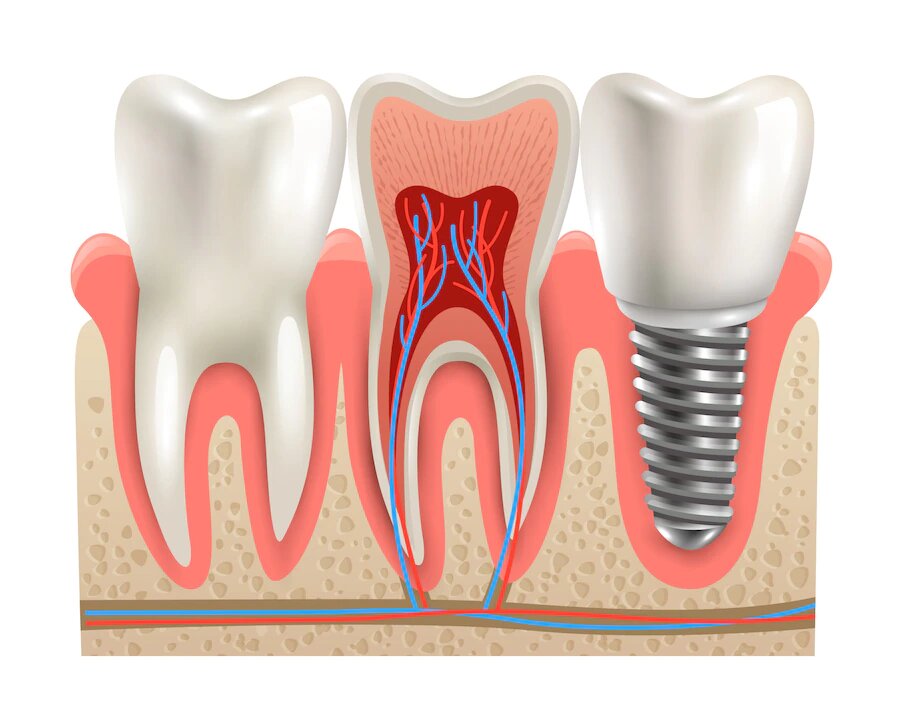










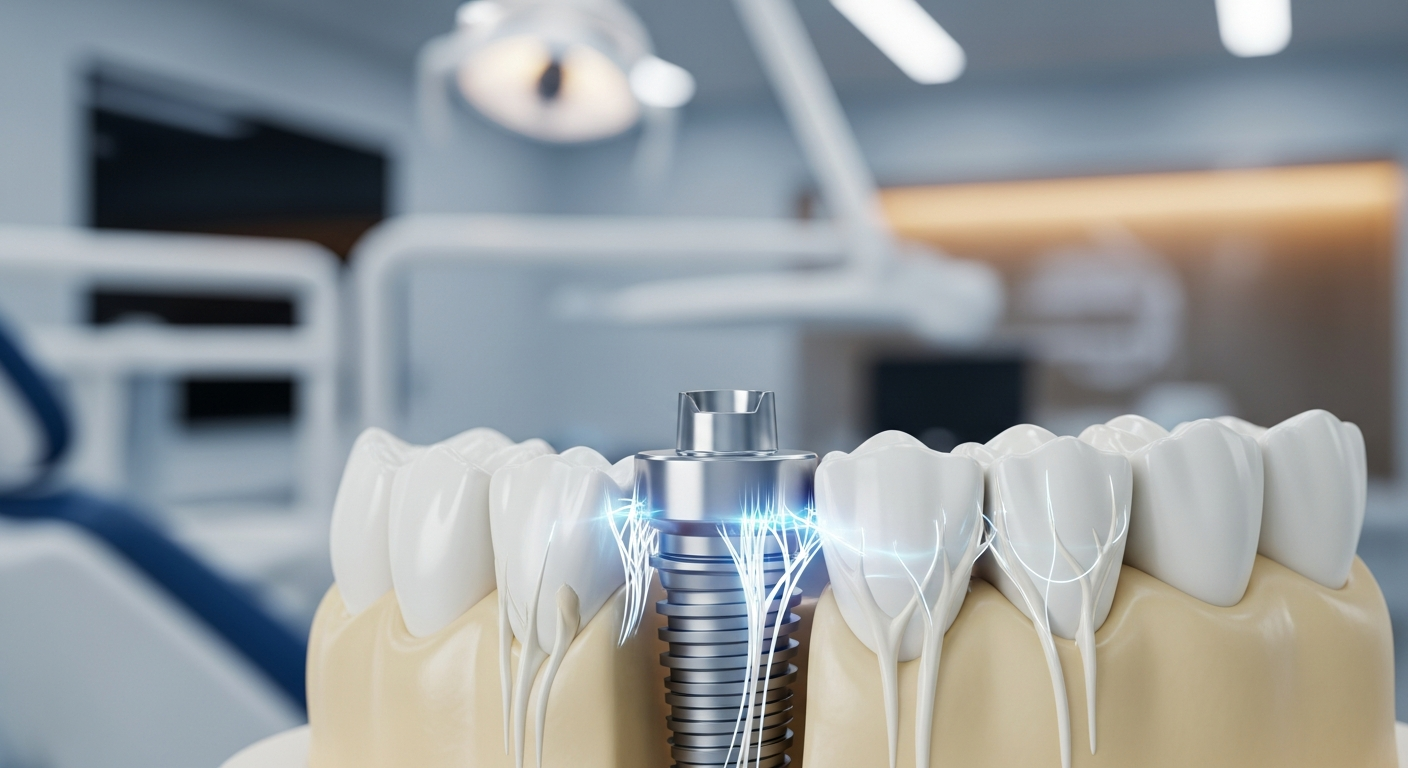






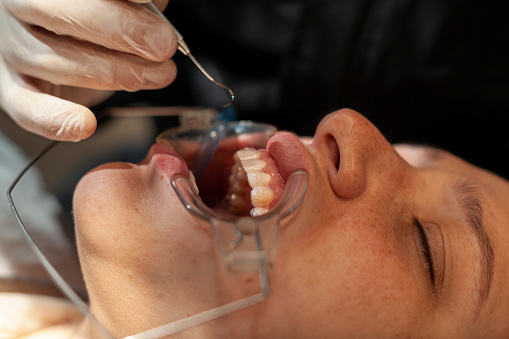

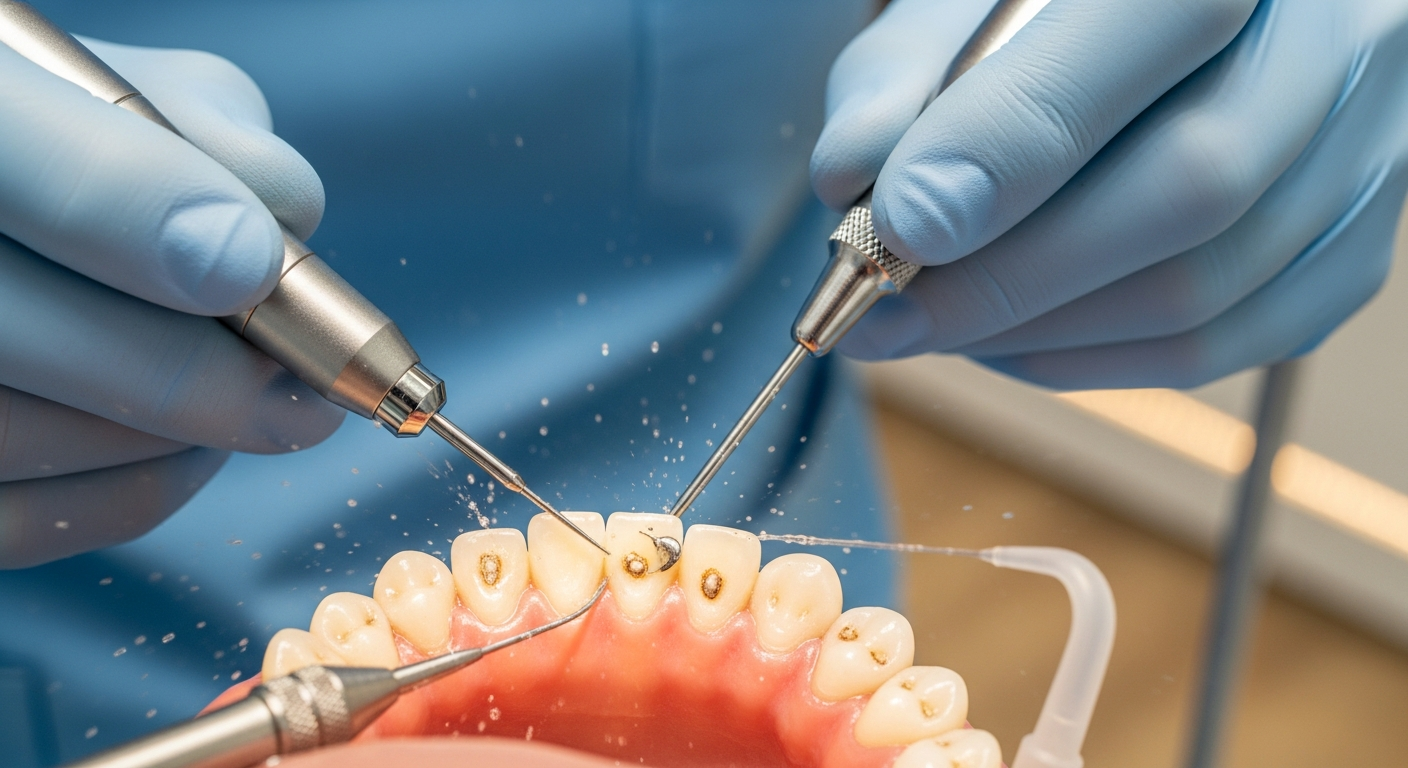





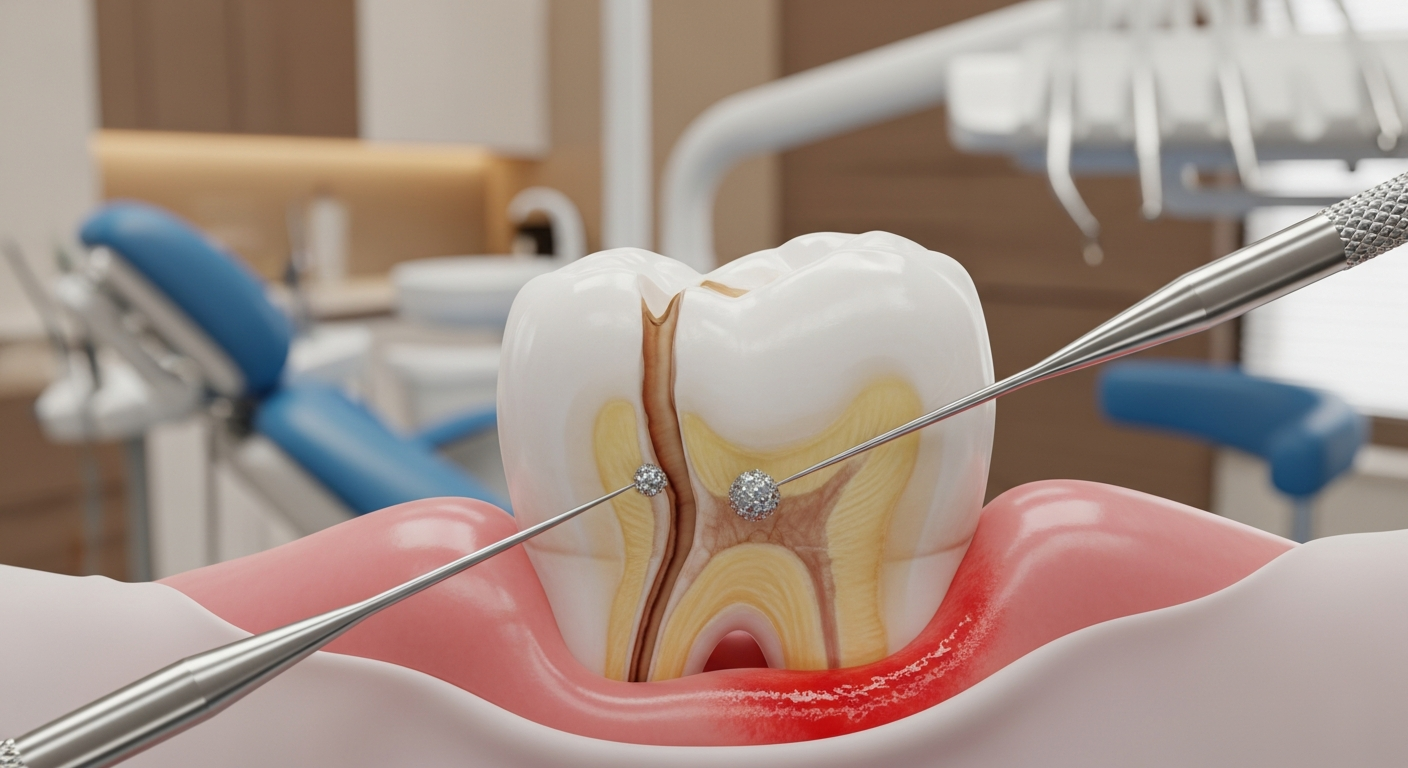




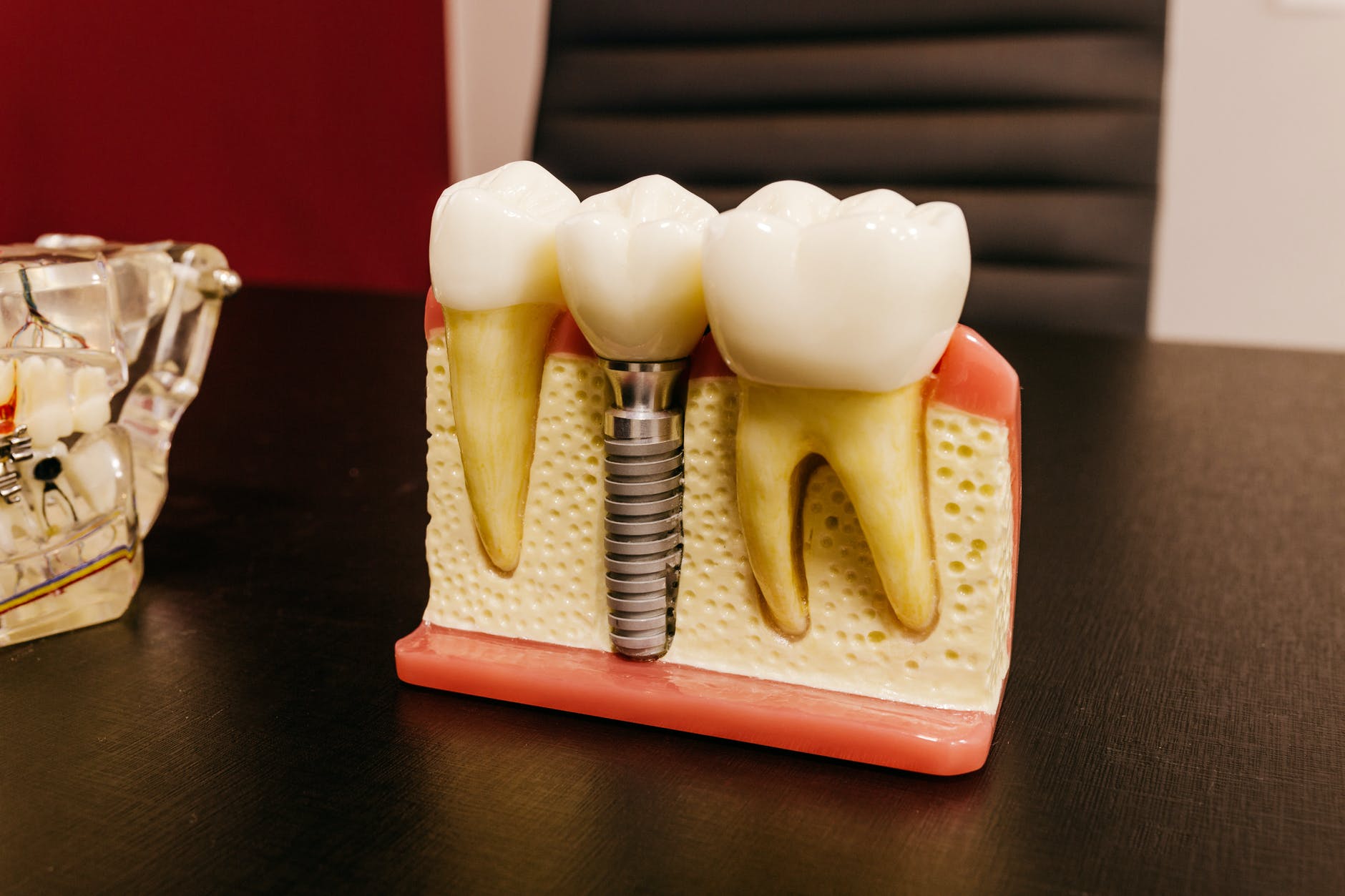


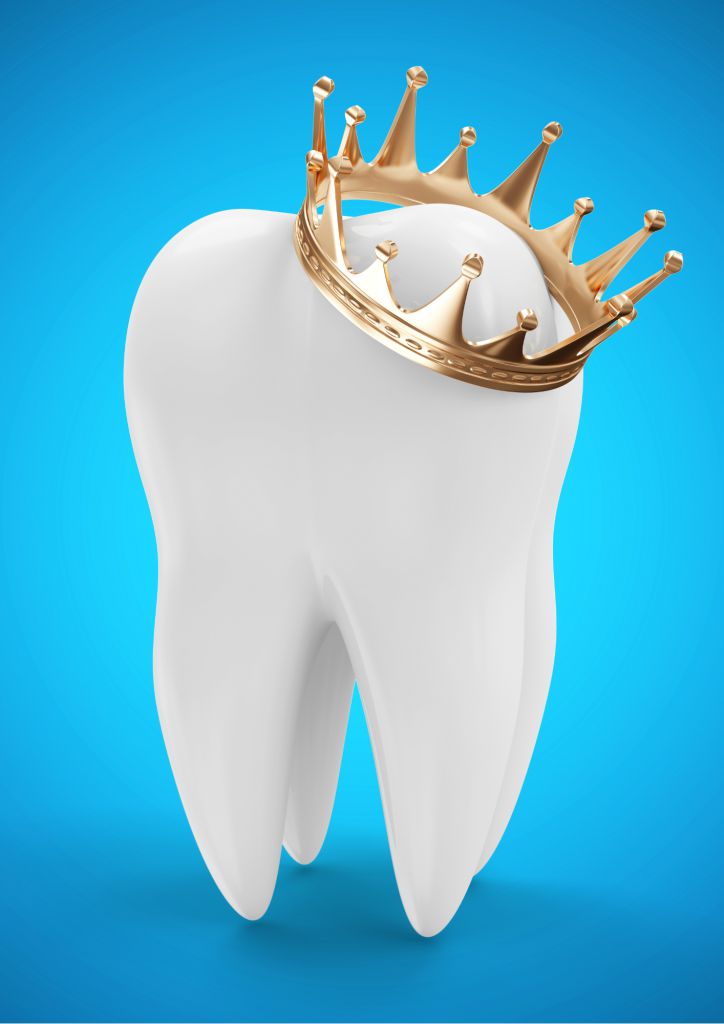







.avif)


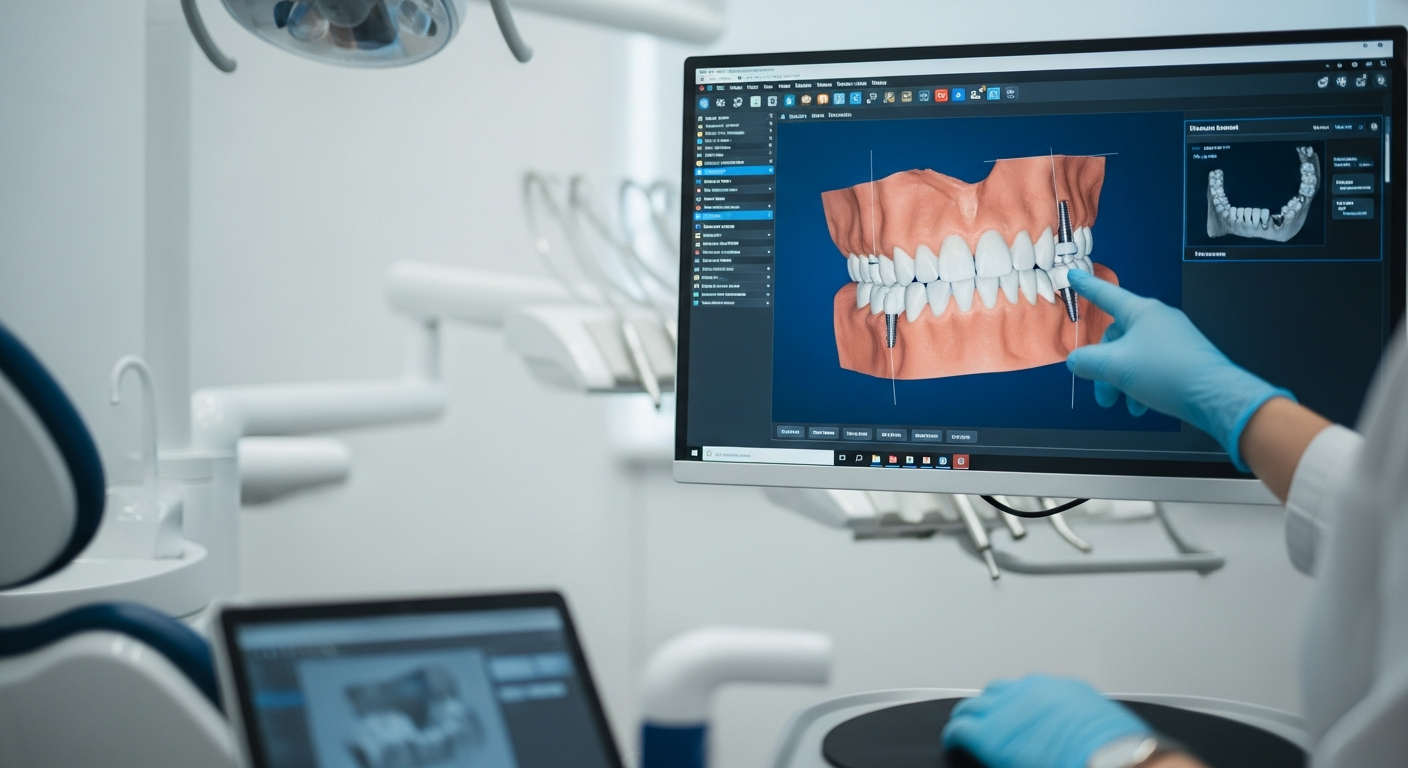







.jpg)


















.avif)


















.jpg)



